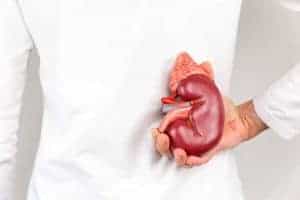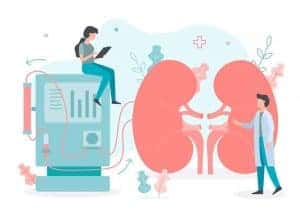
What Everybody Ought to Know About Cadmium Toxicity and Renal Failure

A long, long time ago when man was inventing the wheel… nature provided us with pristine surroundings and atmosphere. We drank from the crystal blue waters, ate ‘organic’ fruit and vegetables, and rested in unspoiled lands.
…How so much has changed. Yes, we have progressed in terms of no longer defecating where we eat. Instead we have raped and pillaged all of the earth; her rivers, lakes, oceans, forests, deserts, and anywhere else we can find*.
As a consequence we now live in a toxic environment that compared to 100 years ago, would completely exceed imagination. Lift a bottle of water to our mouth… bring in dangerous xenoestrogen plastics. Apply our daily antiperspirant… introduce the heavy metal aluminium. Breathe in a full breath… hello arsenic.
Before this turns in to one of those “the sky is falling” type blog posts, let me digress and say:
“Whether you like it or not, your environment is affecting your health; but you do have the power to control it.”
And one of the biggest problematic elements found on earth for kidney sufferers is the heavy metal cadmium. Cadmium is one of the ‘big’ four heavy metals that are associated with the biggest threats to human health. The other three include: lead, mercury, and arsenic.
Heavy metals are routinely studied by large international bodies (such as the World Health Organisation – WHO) to determine their effects on human health. As such, much data and evidence have shown that these heavy metals exert powerful, though destructive, biological effects on the human body.
Cadmium in particular is an easy one to be exposed to due to the nature in which it is used. Nickel-cadmium batteries are mass produced and shipped to all four corners of the Earth – where you are probably using some right now. Cadmium industrial emissions are also very high, due to the fact that most cadmium products are uncommonly recycled. And cadmium exposure is profoundly increased in those who smoke cigarettes (cadmium is found in tobacco).
So What Are The Main Sources of Cadmium?
• Cigarette smoke (inc. passive smoking)
• Batteries (nickel-cadmium)
• Paint
• Evaporated milk
• Ceramics
• Shellfish
• Electroplating (Electronics)
• Drinking water (galvanised pipes)
• Phosphate fertilisers
• Breathing contaminated air in the workplace
• Fungicides
• Pesticides
• Tools
• Plumbing alloys
• Photographic chemicals

I am sure you are wondering by now…
“So How Does Cadmium Affect The Kidneys?”
Well, studies have shown that long-term exposure to cadmium via the food, water, or air, builds up in the kidneys and can possibly cause kidney disease and kidney failure via a number of pathways. A 2003 study in New Zealand (using mice) showed that in as little as 4 weeks of exposure there was an increase in antinuclear antibodies (=immune system). And on top of that, after 31 weeks on a low dose, increases in IgG2a (=immune system) were also noted. This brought about increased levels of protein in the urine and continued presence of immune bodies in the kidneys; indicating a kidney linked auto-immune disease (e.g. glomerulonephritis).
Researchers Joshua R. Edwards and Walter C. Prozialeck at the Midwestern University concluded in a study (to whether or not there is a link between cadmium, diabetes and chronic renal disease): “Results of both human and animal studies suggest an association between cadmium exposure, elevated blood glucose levels and the development of diabetes and diabetes-related kidney disease.”
A team of researchers at the Johns Hopkins Bloomberg School of Public Health concluded: “findings support consideration of cadmium and lead as chronic kidney disease risk factors in the general population and provide novel evidence of risk with environmental exposure to both metals.”
And the List Goes on… (cadmium induced symptoms)
• Increased blood urea
• Anemia
• Metabolic acidosis
• Fluid retention
• Asymptomatic – mild kidney damage
• Tubular necrosis
• Kidney damage
• Elevated blood pressure
• Presence of enzymes levels in urine (enzymuria)
• Electrolyte balance dysfunction
• Excess protein in urine (proteinuria)
• Fatigue
The good news is that there are things you can do right now to treat yourself
1. Avoid exposure to cadmium (see sources above)
2. Increase fibre in your diet (e.g. psyllium husks) – this will inhibit absorption
3. Increase Zinc intake – Zinc is an antagonist to cadmium, meaning zinc supplementation will “push” cadmium out of the body
4. Try the supplement Chlorella (= natural beneficial algae) – Chlorella is a natural agent that helps remove heavy metals and other toxins effectively.
5. Be sure to test yourself – There are a number of medical tests to see whether or not cadmium is present in your body at abnormal levels. Choose urine testing if available (preferred method); otherwise blood tests will also be satisfactory. The quantity of cadmium in your blood will be evidence of recent contact to cadmium. However urine testing will show cadmium levels for both past and recent exposure.
So do the best you can, go through your work and home and assess your potential contact points, then eliminate them. This is particularly important for those who just don’t know why they have kidney disease. You will never be able to truly eliminate cadmium completely, such is our environment right now, so do the best you can (there is no point stressing about it!). I would however recommend a urine test to determine your levels. Speak to your local GP, he or she should be willing to help out, otherwise you may need a new GP 🙂
As always I hope this provides you with useful and down to earth advice for cadmium relating to your condition.
Bye for now, and have a wonderful week!
Please leave YOUR thoughts and comments below, or ‘Like’ this post via the Facebook button… Thank You!
* I am no saint, but as a species we really have done a job to Mother Nature!
Share This Article
More articles by
Duncan Capicchiano N.D.
LIKE WHAT YOU’VE READ?
Sign up for free updates delivered to your inbox. Join our community and get tips on health, wellness, nutrition, and more.
More From Our Blog
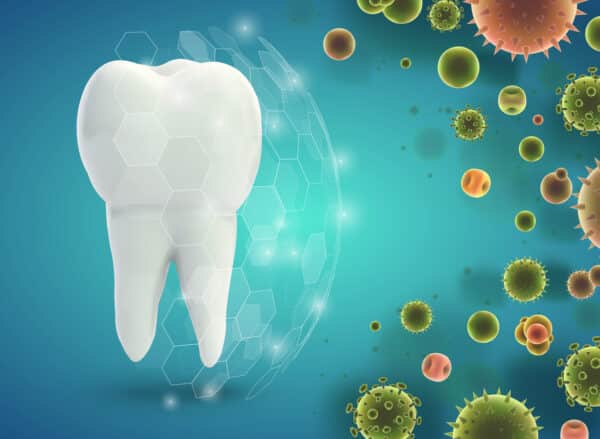
The Oral Microbiome & Chronic Kidney Disease
The oral microbiome plays an essential role in the incidence and development of
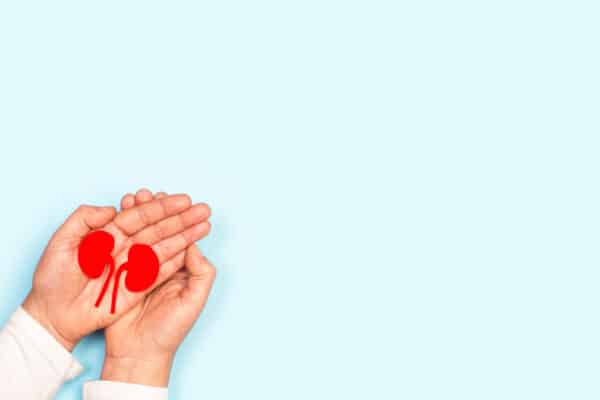
Natural Therapies In The Treatment of Polycystic Kidney Disease
Regarding dietary interventions in treating and managing PKD, the science is solid. The
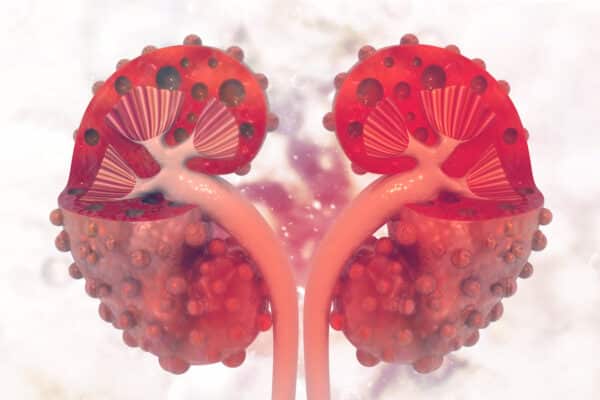
What Causes Cyst Formation In Polycystic Kidney Disease?
What is polycystic kidney disease? Polycystic kidney disease (PKD) is a prevalent genetic
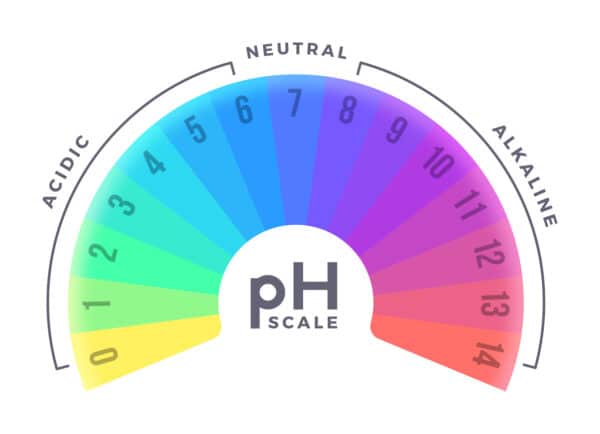
Bicarbonate Supplements? Is It The Best Way To Alkalize in Kidney Disease?
Throughout the ages, human diets have undergone a significant transformation, shifting from an
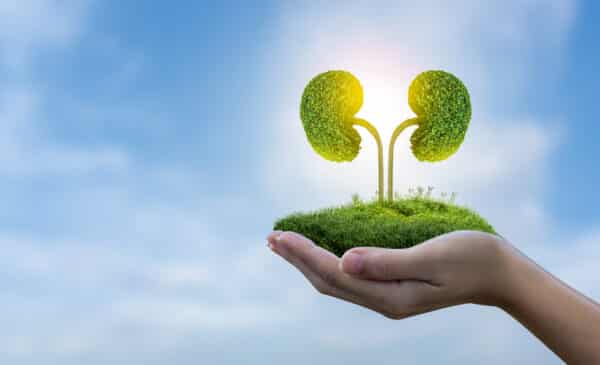
The Big Question… Can Kidney Disease Be Reversed?
Kidney disease can range from mild to severe, so the potential for reversal
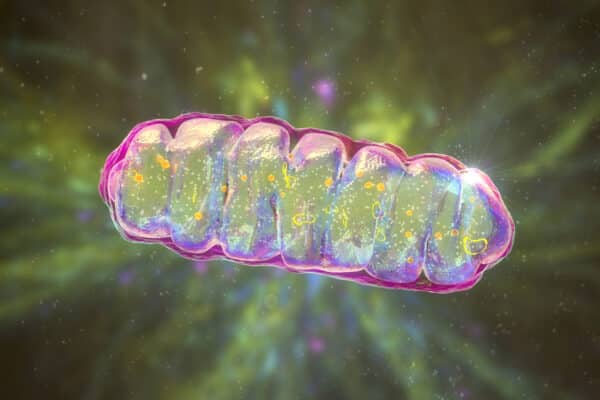
SS-31 Peptide and Kidney Disease
Kidney disease is a global health concern. The kidneys, especially the proximal tubules,




